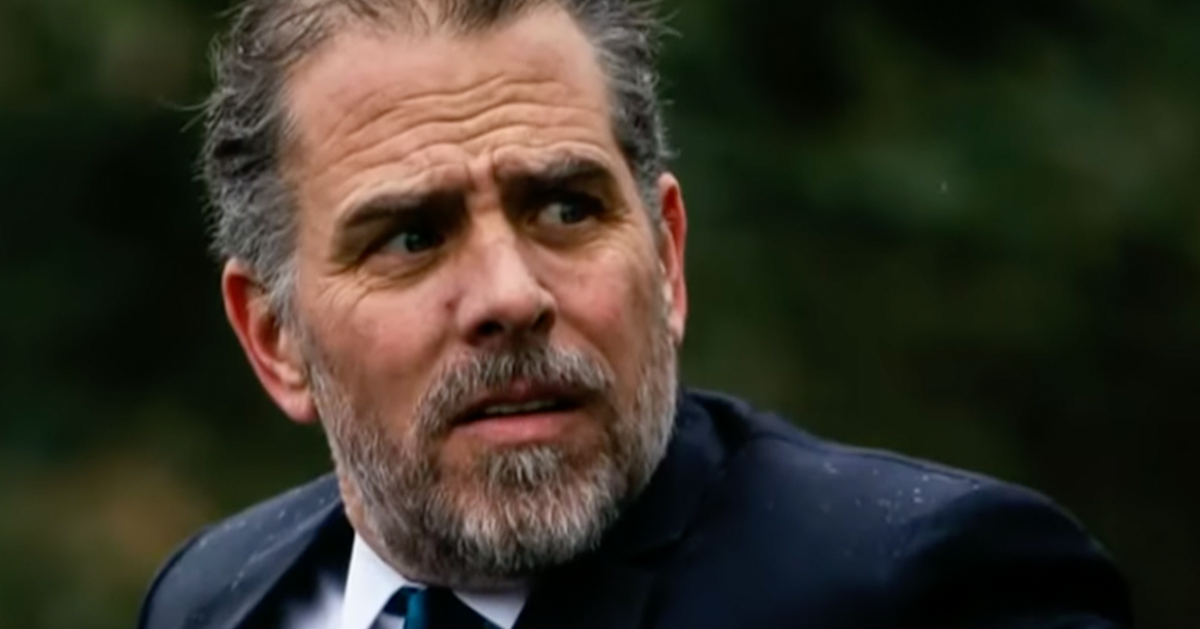Trump Plans to Restore Former Name of Mountain to McKinley from Denali
President-elect Donald Trump has announced his intention to rename Denali, North America's tallest peak, back to its former designation, Mount McKinley.
Trump's proposal seeks to reverse a decision made by former President Barack Obama in 2015 and has reignited debates about the mountain's name among lawmakers and the general public, as the Post Millennial reports.
The mountain’s modern history as Mount McKinley began in 1896 during the gold rush when a prospector named it after the then-presidential hopeful, Republican William McKinley.
This name was officially adopted in 1917. Over time, however, many have come to favor Denali, a name derived from the language of the indigenous people of Alaska, signifying "The Great One."
Trump's Announcement Draws Mixed Reactions
Trump made his announcement about the name change at the Turning Point USA AmFest conference held in Phoenix. He stated his rationale, expressing the belief that McKinley deserved to be honored in this way.
The president-elect remarked, “They took his name off Mount McKinley, that’s what they do to people.” Seeking to restore the name, Trump characterized McKinley as a great president who applied business principles to governance.
Opposition has surfaced, notably from Sen. Lisa Murkowski of Alaska, who took to the platform X to voice her support for the name Denali.
She emphasized the mountain’s significance with indigenous roots, affirming, “There is one name worthy of North America’s tallest mountain: Denali -- the Great One.”
The Historical Debate Over Naming
McKinley served as the 25th president and was a well-regarded figure within the Republican Party. His presidency is noted for emphasizing economic wealth-building through tariffs, which presumably aligns with Trump’s style of leadership. McKinley was assassinated in 1901, a fact that perhaps adds to the sentiment behind the desire to connect his legacy to the mountain.
President Obama’s decision to rename the mountain to Denali drew praise for its acknowledgment of the mountain's original name used by the indigenous Alaskans. At the time, Obama emphasized McKinley had no significant historical connection to the mountain or the state.
Advocates for both names cite historical and cultural reasons reflecting broader themes of recognition and respect for indigenous history versus traditional national honors.
Key Figures Weigh In
Trump’s intentions to rename the peak are part of his broader pattern of reversing decisions made during Obama’s tenure. His actions have found favor with some who celebrate historical figures like McKinley but have also prompted criticism from those who consider renaming it Denali long overdue respect to Alaska's native heritage.
Murkowski’s firm stance supporting the name Denali is rooted in modern Alaskan identity and reflects broader national conversations about honoring indigenous names and heritage. Her opposition, as a Republican from Alaska, highlights the complexity and diversity of perspectives even within party lines regarding this issue.
Potential Implications and Outlook
The proposal, if enacted, may set a significant precedent in how places of historical and cultural importance are named and recognized. It poses potential ramifications for federal and local policy sector decisions about national landmarks and indigenous names in general.
Many who identify with the broader push to recognize indigenous cultures and history view the name Denali as a powerful symbol. For others, particularly in Republican circles, restoring McKinley's name aligns with traditional honors and recognition of prominent American figures.
The controversy not only sheds light on the significance of names and the historical narrative but also signifies the importance of evocative symbols in political discourse. Trump’s initiative thus becomes a touchstone for deeper reflections on cultural heritage and American identity.
This evolving debate underscores the tension between traditional and contemporary understandings of regional and national history, challenging communities to reconsider how and whom they choose to honor within the shared spaces of public life.






